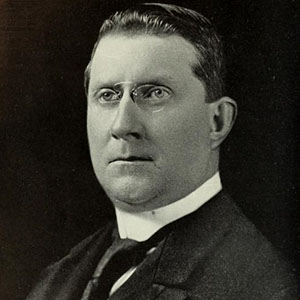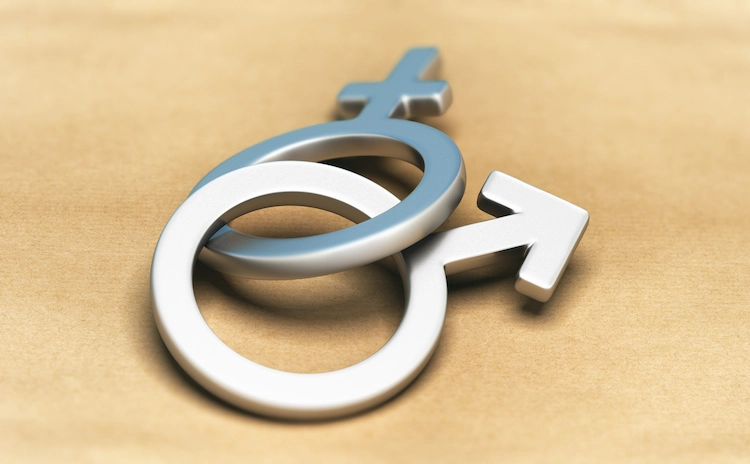Charles Francis Murphy, also known as “Silent Charlie” and “Boss Murphy,” ran New York City’s Tammany Hall from 1902–1924. He is credited with legitimizing the powerful political machine, as well as expanding its reach.
Early Life
Charles Francis Murphy was born in 1858 into an Irish immigrant family in New York City. After quitting school at 14, he worked at Roaches Shipyard and the Crosstown Blue Lines Horsecar Co. In 1880, he used the money he had saved from these jobs to buy a small saloon. “Charlie’s Place” became a popular gathering place and helped Murphy rise to political power in New York City’s Gas House District.
Rise to Power in Tammany Hall
Over the course of several years, Murphy acquired three more saloons, one of which became the headquarters for the local Tammany Hall club. He subsequently became a member of Tammany Hall’s Executive Committee and was appointed to be the Commissioner of Docks in 1897. During his tenure, Murphy established the New York Contracting and Trucking Company, which leased dock space. His business and political success helped him advance in Tammany Hall.
“Boss Murphy”
Murphy’s rise to power culminated in his selection as the head of Tammany Hall in 1902. As boss of the powerful political organization, he continued its long history of patronage, but also sought to improve its credibility by selecting respectable candidates.
Murphy was also successful. Democratic candidates backed by Tammany Hall ruled New York City elections for the next decade. Recognizing the growing progressive movement, he typically backed Democrats who favored reform, including rising party stars like Alfred E. (Al) Smith. Under his leadership, Tammany Hall also supported direct primaries, labor reform, and woman’s suffrage.
Murphy’s tenure wasn’t without failures. In 1912, Tammany Hall threw its support behind William Sulzner as Governor of New York. While Sulzner won the election, he subsequently turned against Tammany Hall. Murphy used his influence over the state legislatures to orchestrate Sulzner’s impeachment one year later. The move proved unpopular with the public and weakened the machine’s political power for several years.
Under Murphy, Tammany Hall regained its political clout and began to spread its influence to the national level. At the time of his death in 1924, Murphy was working make Al Smith the next presidential nominee.









